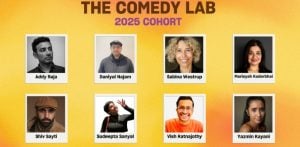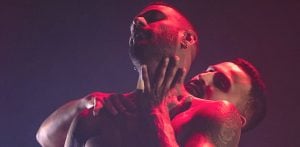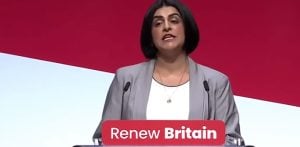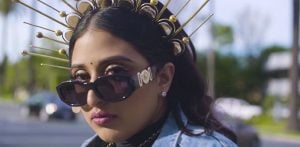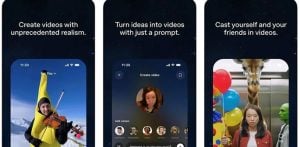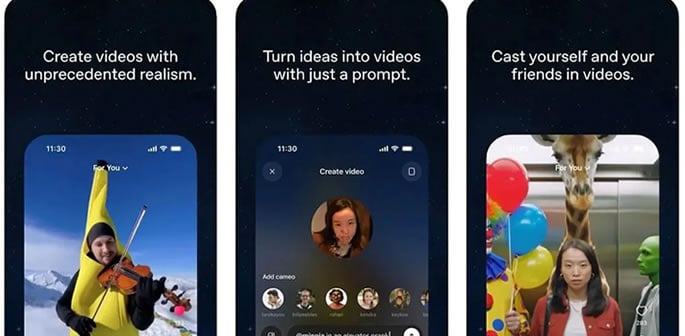“The team worked very hard on character consistency.”
OpenAI has taken a bold step into social video with the launch of Sora 2, a new AI-powered app that allows users to create and share short AI-generated videos.
Described by employees as a potential “ChatGPT moment for video generation”, the platform combines deepfake technology with a TikTok-style feed.
Users can scroll through an endless stream of clips featuring AI-generated human faces, while also having the option to create their own digital likeness.
OpenAI emphasises that the content is not real, warning that “some videos may depict people you recognise, but the actions and events shown are not real”.
The app introduces AI-generated sounds to videos for the first time and is currently available on iOS only, with access limited to invitees.
Sora 2 represents OpenAI’s gamble on deepfake entertainment becoming mainstream.
By merging social interactivity with AI video generation, the company hopes to offer a playful, creative environment while maintaining user control over digital identities.
Let’s look at the app’s core features, privacy mechanisms, and the broader implications of AI-generated video content.
Creating a Digital Likeness
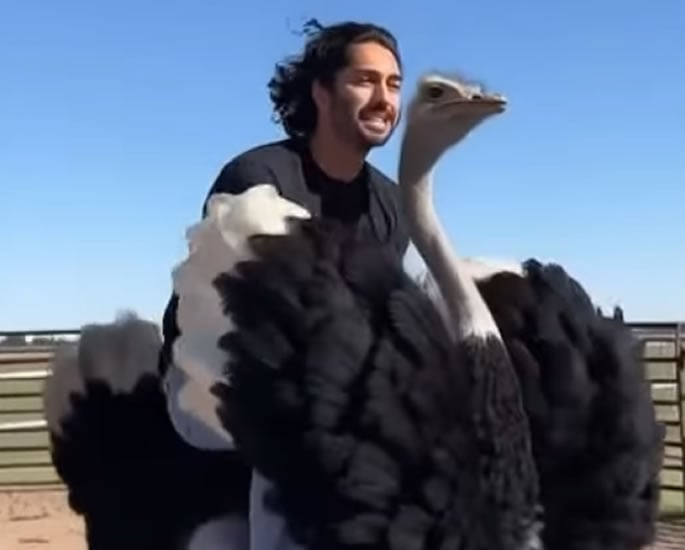
At the heart of Sora 2 is the ability to generate a digital likeness that can be used in AI videos.
During setup, users record themselves by saying a few numbers and turning their head, which allows the app to capture their appearance.
OpenAI CEO Sam Altman highlighted the effort behind the technology, writing in a blog post:
“The team worked very hard on character consistency.”
Users can control who has access to their digital likeness.
Options range from allowing everyone to create videos with it to restricting access to just the user, approved individuals, or mutual connections.
Whenever someone generates a video using a person’s likeness, the original user can view the full clip from their account page, even if it remains in another user’s drafts.
The platform also allows for 10-second “Remix” videos, enabling interaction with friends’ content while maintaining ownership over personal likenesses.
Features, Restrictions, and Future Plans
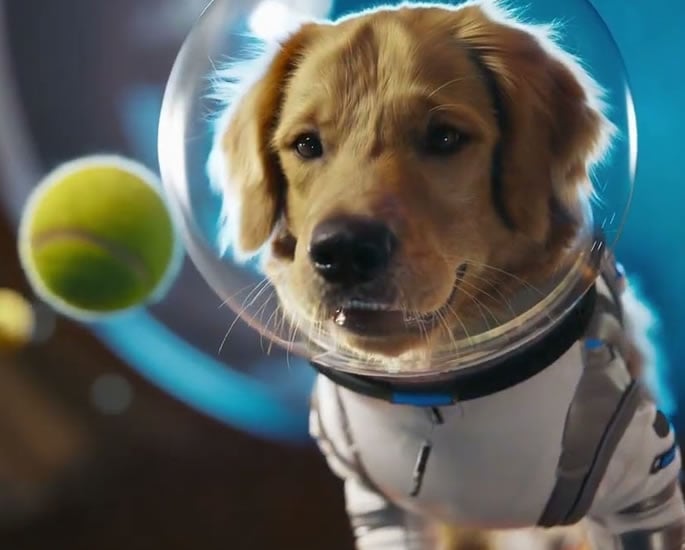
The app is powered by OpenAI’s latest video model, Sora 2, and mimics TikTok’s feed structure, providing endless scrollable clips.
Employees have described it as the “ChatGPT moment for video generation”, highlighting its potential for widespread adoption.
Currently, the app is invite-only and limited to users in the US and Canada, with each recipient receiving four additional invites to share. There is no timeline for an Android version.
The platform enforces strict limitations on content.
Public figures cannot be generated without uploading a cameo and granting consent, and generating X-rated or “extreme” content is currently “impossible” on the app.
OpenAI emphasises that users are co-owners of any video generated using their likeness and can delete content or revoke permissions at any time.
This framework aims to balance creativity with consent, a key consideration in the growing field of AI-generated deepfakes.
Sora marks OpenAI’s expansion into consumer-facing AI entertainment, blending social media trends with advanced video generation.
By giving users control over their likeness and restricting sensitive content, the app attempts to offer a safe and playful experience.
While it currently operates on an invite-only basis, its features hint at a future where AI-generated videos become a mainstream form of social interaction.
As the platform develops, it may redefine how we create, share, and interact with digital content in the age of AI.



